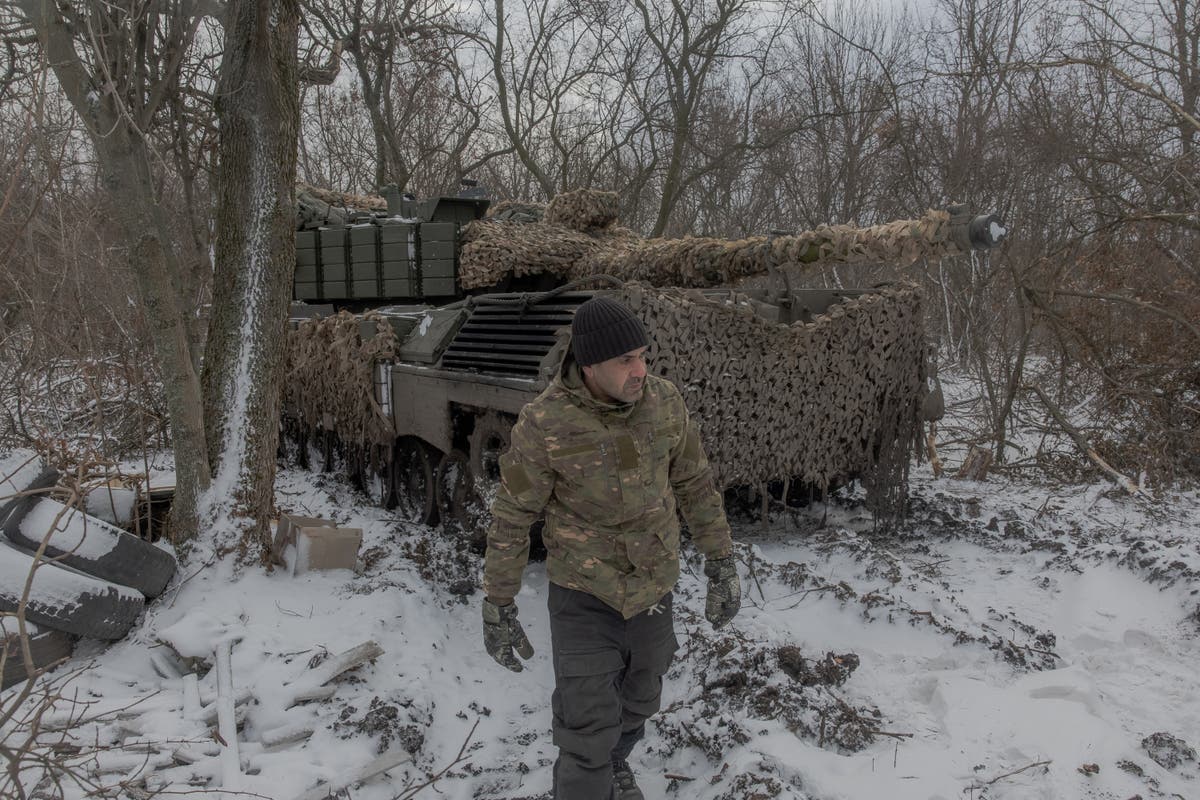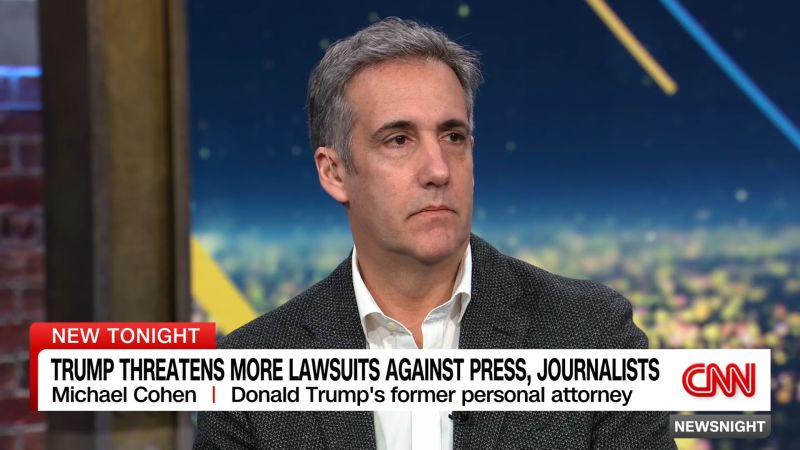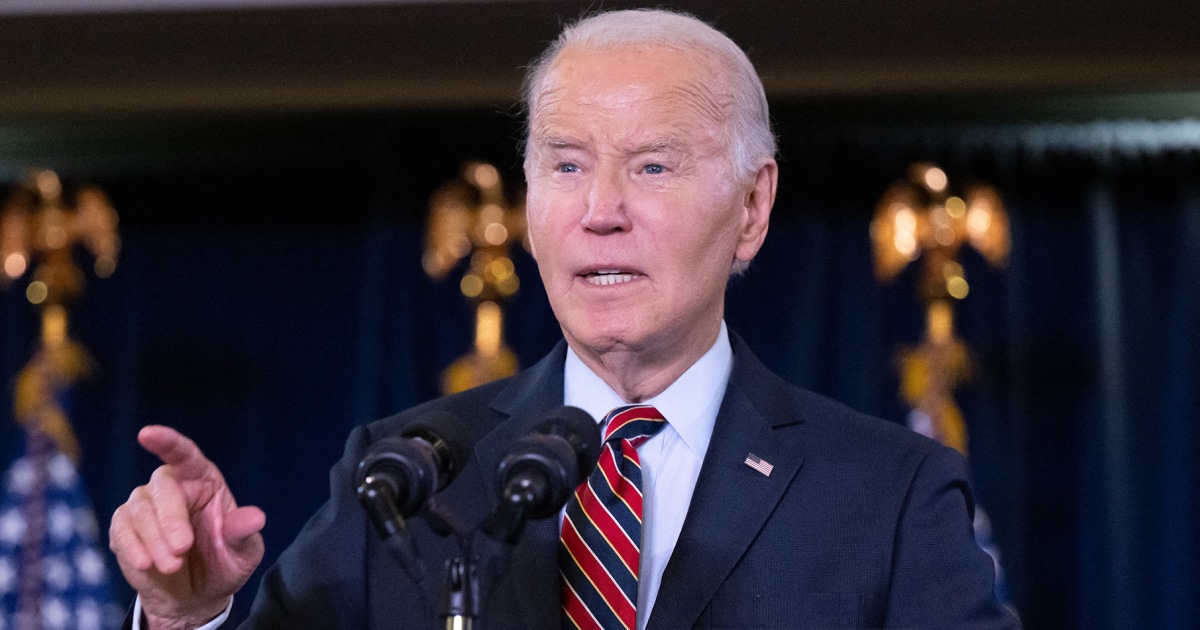
Key Takeaways: What Happened: The U.S. Department of Energy (DOE) is making a final push to finalize energy conservation standards and test procedures for a number of categories of consumer, commercial, and industrial appliances and equipment.
Who’s Impacted: Manufacturers, importers, and private labelers of covered equipment cannot introduce products into commerce in the United States unless the products have been tested, certified, and marked consistent with DOE requirements. What Should They Consider Doing in Response: Consider potential for judicial rulemaking challenges or action under the Congressional Review Act. Assess product lines, supply chains, and inventories to ensure compliance with new standards.

DOE is racing to finalize energy conservation standards and test procedures for over a dozen consumer, commercial, and industrial product categories before Inauguration Day. Eight years ago, the Obama Administration’s failure to publish late-finalized appliance and equipment standards in the Federal Register resulted in years of litigation , as the Trump Administration resisted publishing those standards until the Ninth Circuit ultimately held that the standards must be published. There are some indications that the Biden Administration’s efforts to avoid a similar scenario are running up against the practical limitations of what DOE and the Office of Management and Budget can achieve before the transition.
From the moment President Biden took office, he signaled that his administration viewed reinvigorating DOE’s Appliance and Equipment Standards Program a priority in its effort to reduce greenhouse gas emissions and energy consumption and associated costs. Over the past four years, DOE has moved aggressively both to rollback changes made by the previous Trump administration, and to adopt new and strengthen existing appliance and equipment efficiency standards. DOE has also more aggressively enforced non-compliance , assessing large civil penalties against companies who manufactured, imported, or privately-labeled products that did not meet applicable standards and/or had not been certified or properly marked prior to introduction into commerce.
DOE also adopted a new administrative adjudication framework , which it has used to obtain administrative judgments assessing civil penalties from manufacturers and importers who failed to respond to Agency enforcement. As the Biden administration winds down, and President-Elect Trump prepares to take office, DOE has published its Agency Rule List for Fall 2024 , which includes final rules setting standards for the following product categories, most of which are scheduled for publication in December, but some of which have slipped to January 2025 or even later: Walk-in coolers and freezers ( pre-publication Final Rule already available) Commercial refrigerators, freezers and refrigerator-freezers External power supplies Consumer water heaters ( pre-publication Final Rule already available) Automatic commercial ice makers (Final Rule not scheduled for publication until March 2025) Battery chargers Dehumidifiers Refrigerated bottled or canned beverage vending machines (Final Rule not scheduled for publication until March 2025) Single package vertical air conditioners and heat pumps Consumer boilers Ceiling fans Small electric motors Fans and blowers (Final Rule scheduled for publication in January 2025) Expanded scope electric motors Consumer water heaters The bulk of these standards are awaiting final review by the Office of Information and Regulatory Affairs (OIRA) and have been for months. In some instances, DOE is moving to strengthen standards for already-regulated product categories, while in others, DOE will be regulating the efficiency of product categories for the first time (e.
g. fans and blowers). In addition, DOE is working to finalize its withdrawal of a Trump-era rule , also the subject of extensive litigation in the 5th Circuit, that would have created a separate class of “short-cycle” dishwashers, clothes washers, and clothes dryers.
DOE also plans to publish proposed rules to set standards for the following products: Commercial clothes washers Ceiling fan light kits Commercial and industrial pumps Water-sourced commercial heat pumps Dedicated-purpose pool pumps Portable electric spas Direct heating equipment Evaporatively-cooled commercial unitary air conditioners and water-cooled commercial unitary air conditioners Fluorescent lamp ballasts Looking Ahead to 2025 The fates of any Proposed Rules published before the transition, and any Final Rules scheduled for publication after the transition are highly in doubt, given that President-elect Trump and Congressional Republicans have already signaled an intent to constrain DOE’s Appliance and Equipment Standards Program during the next term. Note, however, that any standards finalized before the transition may prove more difficult for the Trump Administration to undo at the administrative level, as DOE’s appliance standards program is subject to a statutory anti-backsliding provision, which prevents the Department from relaxing efficiency standards once adopted. While administrative rollbacks may prove challenging, statutory reform is a real possibility for the first time in years.
During the 118th Congress, Republicans have repeatedly introduced and, in some instances, passed legislation out of the House that would roll back energy efficiency standards implemented by DOE or constrain DOE’s ability to adopt new and more stringent standards, only for the Democratic-controlled Senate to decline to take action. With Republicans poised to take control of the Senate and White House while maintaining a majority in the House of Representatives, legislation that once stalled in the Senate may finally advance and become law. Late-finalized are also vulnerable to being overturned by the next Congress under the Congressional Review Act .
The Congressional Research Service has predicted that rules issued on or after August 1, 2024, could be subject to the CRA and, therefore, are at risk of being overturned by the 119th Congress..















